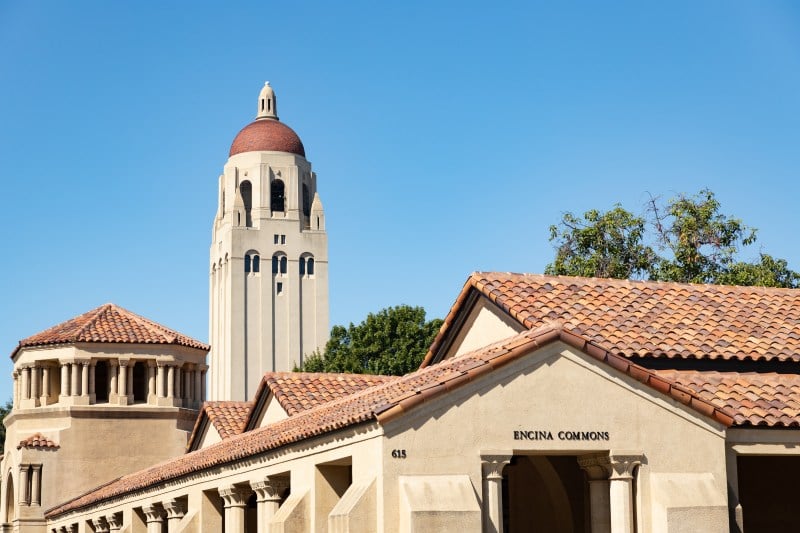In a recent article, a former provost lamented the loss in our university and society of “the ability to disagree, to dispute, to debate, without questioning our opponents’ fundamental dignity and humanity.” The cultivation of a space for respectful, rational debate is a noble goal and one that undoubtedly falls within the purview of a university. But within his argument, the former provost made a troubling claim, one that is unbecoming of someone who has filled such an important role for our institution: namely, the claim that “a university stands for nothing if not the free expression of viewpoints — true or false, supported or unsupported, agreeable or repugnant.”
A university is a place for the creation, preservation and sharing of knowledge. False and unsupported arguments are antithetical to the pursuit of truth and knowledge with integrity, which should be expected of everyone within our community. The post-truth political climate we currently inhabit, where disinformation and alternative facts abound, has its roots in the proliferation of these false and unsupported arguments. The “community of scholars, who approach even the most agonizing events with compassion and understanding — and a determination to find a solution” must be firmly rooted in the reality-based community. It is neither respectful nor rational to entertain false and unsupported arguments.
The story the former provost shared of his proudest day as a university leader is touching and holds important lessons for us, though perhaps not the ones that he highlighted. When the community came out in solidarity to protect fellow members from hateful speech and rhetoric, it wasn’t in order to disagree, dispute and debate with the Westboro Baptist Church. The false and unsupported ideology Westboro came to profess in itself denied the dignity and humanity of members of the campus community, which was countered by solidarity and affirmation of the humanity of our fellow community members. The happy resolution at the end of the story was not that Westboro Church members altered their viewpoint after rational engagement but that they chose to leave and not return to a place where false and unsupported arguments were not tolerated. That was only possible because “hundreds and hundreds” of community members responded, likely to the calls of dozens of dedicated organizers who made plans that the former provost neglected to credit.
A key tenet of a university is academic freedom to pursue topics that run counter to mainstream thought. Questions about which lens to use in approaching a problem and which tools are most effective to address a particular question are opportunities for rational, respectful debate. A diversity of viewpoints often strengthens the resulting product by introducing new lines of questioning. But academic freedom does not allow for eschewing academic responsibility — arguments must be grounded in truth and supported by evidence.
The former provost concludes with a well-made point: we should “not … look to the university to assure us that our side is right.” A university does not exist to teach people what to think, but how to think. I was fortunate enough to obtain a Ph.D. in my time working at Stanford, which means I have been trained in critical thinking and analysis. That is why I cannot stand for false and unsupported arguments, nor the supposition that it is the duty of the university to platform them.
Tim MacKenzie Ph.D. ’18 is a postdoc in the genetics department and an alumnus of the chemistry department.
